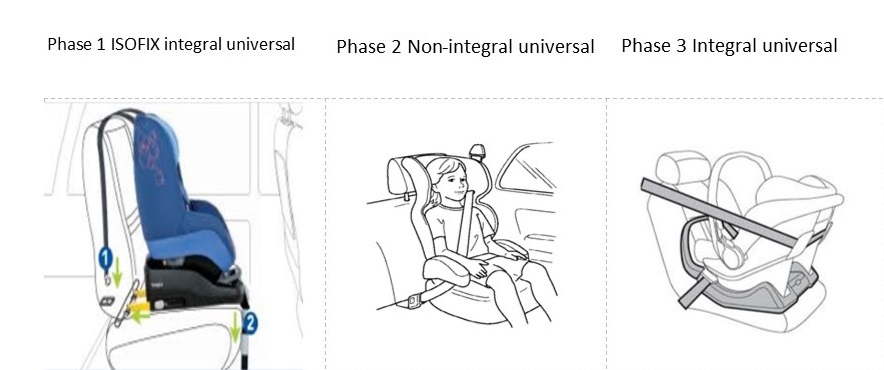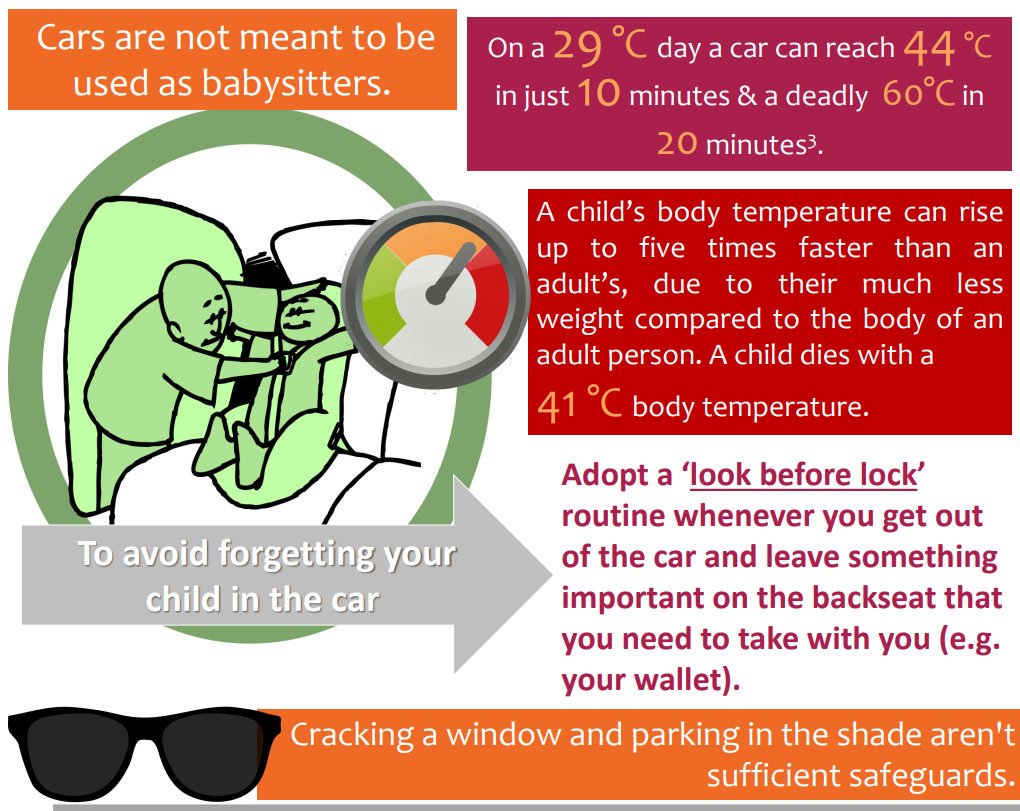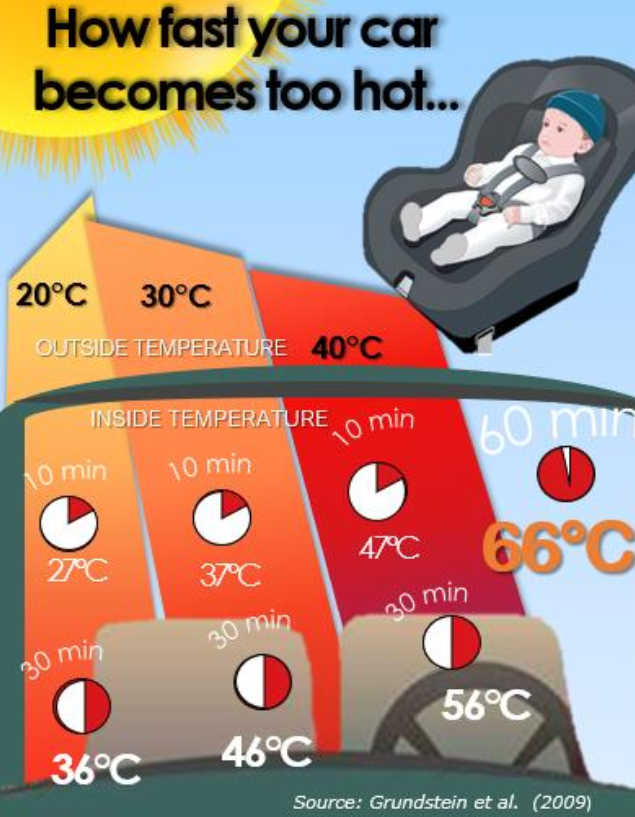Horizontal
High-level debate on market surveillance
ANEC spoke in the debate, “Market surveillance of products in Europe – Ensuring an ambitious enforcement framework”, held on 9 July and hosted by CECAPI-MSSI-Orgalime. As detailed in the ANEC-BEUC joint position paper, we welcomed that the Commission highlights the importance of enforcing consumer rights. However, we do not think the proposal is fit to meet the realities of trade in the modern European Union. For example, better market surveillance rules are needed for all products, not only harmonised ones and a pan-European accident and injury database should be introduced. We hope the European Parliament and Council will follow the recommendations of the IMCO (European Parliament Committee on the Internal Market & Consumer Protection) draft report and raise the level of ambition of the proposal.
Eco-design
ANEC presses for 'Anti-circumvention' to be addressed
The circumvention of test methods for energy-related products is becoming more prominent in standardisation discussions. The topic of circumvention is a key issue for consumer trust after the Dieselgate scandal. ANEC is pressing for the inclusion of procedures to ensure standardisers address circumvention and defeat devices. The topic is to be addressed in the CENELEC TC 59X WG22 Ad hoc Group Consumer Relevant Testing (CRT) and ECO-CG Task Force 2. ANEC participates in both. The topic is also under discussion for inclusion in a Standardisation Request regarding Ecodesign requirements for air heating products, cooling products, high temperature process chillers and fan coils. You can find more information in an ECOS discussion paper on the approaches to address circumvention of ecodesign and energy label requirements.
Sustainability
EC proposal on tattoo inks not yet acceptable
 The European Chemicals Agency (ECHA) has issued a proposal to cut the risks caused by hazardous substances contained in some tattoo inks and permanent make-ups. In response, ANEC recently published a position paper in which we conclude that the proposal is not yet fit for purpose.
The European Chemicals Agency (ECHA) has issued a proposal to cut the risks caused by hazardous substances contained in some tattoo inks and permanent make-ups. In response, ANEC recently published a position paper in which we conclude that the proposal is not yet fit for purpose.
A key long-term goal should be the establishment of a positive list of substances able to be used in tattoo inks and permanent make-ups. Restrictions on substances that are carcinogenic or known irritants, for example, apply only to substances which have a harmonised classification. However, in many cases, a harmonised classification is missing allowing industry to decide on the degree of hazard presented.
Digital Society
A standard test programme for connected products
 Consumers want products to be easy to use, easy to access and easy to install. Cybersecurity and privacy are essential, but an end-user expects to be free of the responsibility for this part of the product. For that reason, common standards need to bring minimum requirements that support consumers. Consequently, ANEC developed a proposal to describe possible checks in the Internet of Things environment which we presented to the July meeting of CEN-CLC/JTC 13 ‘Cybersecurity and Data Protection’. The meeting agreed to launch a feasibility study on our proposal. We will keep you updated about progress of the work.
Consumers want products to be easy to use, easy to access and easy to install. Cybersecurity and privacy are essential, but an end-user expects to be free of the responsibility for this part of the product. For that reason, common standards need to bring minimum requirements that support consumers. Consequently, ANEC developed a proposal to describe possible checks in the Internet of Things environment which we presented to the July meeting of CEN-CLC/JTC 13 ‘Cybersecurity and Data Protection’. The meeting agreed to launch a feasibility study on our proposal. We will keep you updated about progress of the work.
ANEC needs your help on accessibility!
 Draft EN 301 549 V2.1.2 (2018-06) 'Accessibility requirements for ICT products and services' is submitted for approval (Formal Vote) in CEN-CENELEC & ETSI until 17 August. This proposed Harmonised European Standard has been drafted by the CEN/CENELEC/ETSI JWG ‘eAccessibility’ and the ETSI TC ‘Human Factors’ and is intended to be used to provide presumption of conformity to the Directive on the accessibility of the websites & mobile applications of public sector bodies (Directive 2016/2102, the “Web Accessibility Directive”).
Draft EN 301 549 V2.1.2 (2018-06) 'Accessibility requirements for ICT products and services' is submitted for approval (Formal Vote) in CEN-CENELEC & ETSI until 17 August. This proposed Harmonised European Standard has been drafted by the CEN/CENELEC/ETSI JWG ‘eAccessibility’ and the ETSI TC ‘Human Factors’ and is intended to be used to provide presumption of conformity to the Directive on the accessibility of the websites & mobile applications of public sector bodies (Directive 2016/2102, the “Web Accessibility Directive”).
ANEC contributed to the drafting of the standard and invites you to help ensure its adoption by expressing your support. You can do so by contacting the CEN-CENELEC member in your country, or ETSI National Standards Organisation.
Services
ISO 20488 on Online Reviews will enhance consumers’ trust
 Online reviews are often the first port of call for consumers and the internet is full of websites dedicated to the evaluation of everything, from restaurants to accountants. It has been shown that reviews impact 67 % of purchasing decisions.
Online reviews are often the first port of call for consumers and the internet is full of websites dedicated to the evaluation of everything, from restaurants to accountants. It has been shown that reviews impact 67 % of purchasing decisions.
In June 2018, ISO published the new standard ISO 20488 ‘Online consumer reviews -- Principles and requirements for their collection, moderation and publication’. It aims to improve the management of review websites and reduce the frequency of “fake reviews”. ANEC helped draft the standard and believes its use will allow consumers to compare products and services with greater confidence.
Traffic & Mobility
ANEC work on child seats comes to an end
In June, ANEC welcomed the adoption by UNECE of the third and final phase of Regulation 129 (R129) on enhanced child restraint systems.
Work on R129 started a decade ago, with ANEC - under the umbrella of Consumers International - the lone consumer voice in the discussions.
Now that all three phases of the Regulation are adopted, it is important that the old R44 standard is phased out as early as possible to avoid confusion among consumers and see only car seats that offer the highest level of protection on the market. Since 1 September 2017, integral Isofix seats can be no longer approved under R44, and this will be the case also for non-integral Group 2 and Group 2/3 seats from 1 September 2019.
For belted integral systems, ANEC will make a proposal to stop the remaining approvals to R44 as soon as possible.

ANEC replies to proposal to revise the General Safety Regulation
 On 17 May, the European Commission proposed a suite of new vehicle safety measures which could prevent 25.000 deaths in the EU within 15 years. Stakeholders were given 8 weeks to reply to the proposal.
On 17 May, the European Commission proposed a suite of new vehicle safety measures which could prevent 25.000 deaths in the EU within 15 years. Stakeholders were given 8 weeks to reply to the proposal.
ANEC strongly welcomed the long-awaited proposal to cut road deaths and serious injuries in half by 2030. Our detailed reply can be found here.
Hot cars kill
Leaving children alone in a car, even if only for a short time, can be FATAL.
Every year, children suffer and die due to hyperthermia when left alone in parked vehicles. Statistics from the USA can be found at the website http://www.noheatstroke.org/. In Europe, there is no national or regional tracking of incidents related to children left in vehicles, although media reports confirm deaths do happen. In order to raise awareness, we have published the leaflet, ‘Don't leave children unattended in cars!’.
 |
 |
Horizontal
ICRT
All in ANEC wish Guido Adriaenssens well in his retirement from the post of Chief Executive of International Consumer Research & Testing (ICRT) after almost 20 years. Guido was instrumental in developing ICRT into the globally-recognised resource for the independent testing of consumer products and is an unsung champion of better product safety. As we reported in an earlier newsletter, Guido is succeeded Niels Ebbe Jacobsen. ANEC congratulates Niels on his appointment and looks forward to working with him, notably in the context of the ANEC-BEUC-CI-ICRT Memorandum of Understanding.
La vidéo de l’ANEC est maintenant disponible avec sous-titres en Français!
ANEC défend les intérêts des consommateurs européens en normalisation. Découvrez en 2 minutes comment l’action d’ANEC dans la normalisation contribue à rendre le monde plus sûr!
Click below to watch the ANEC video.
News from ANEC Members
“Deceived by Design”
The Norwegian Consumer Council (NCC) has published a new study “Deceived by design – How tech companies use dark patterns to discourage us from exercising our rights to privacy”.
The study demonstrates how companies - such as Facebook and Google - manipulate users into sharing information about themselves through intrusive default settings and/or by using exploitive design, also called ‘dark patterns’. The study highlights the growing challenge consumers face when using digital services which sees consumers sometimes tricked into making choices that are not necessarily in their best interests, contrary to the principles of privacy by default and by design.
ANEC joined NCC, BEUC, CI & Privacy International in writing to the European Data Protection Board to express our concerns about these practices.
Click below to watch the video.
| List of comments 2018 | List of meetings 2018 |
For comments or if you wish to write an article for the ANEC Newsletter, please contact: Ieva GALKYTÉ (This email address is being protected from spambots. You need JavaScript enabled to view it.).




